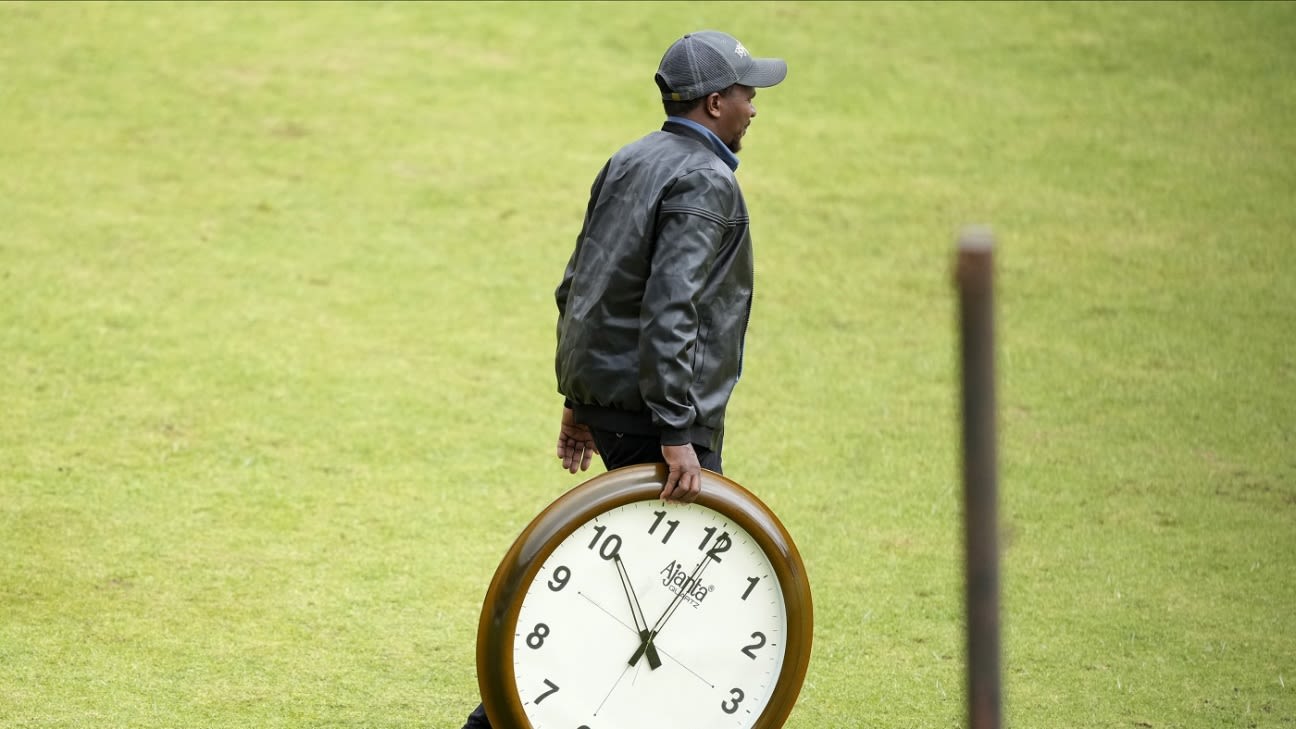The bowling team will need to be ready to bowl the first ball of their next over within 60 seconds of the previous over being completed. After two warnings, a third default by the bowling side will result in a five-run penalty imposed against them.
Stop clocks aimed at speeding up play are not new in sport. In major tennis tournaments, a player gets 25 seconds to get ready to serve between points. The idea of a stop clock in cricket was proposed in 2018 by the MCC’s World Cricket Committee that included Ricky Ponting, Saurav Ganguly and Kumar Sangakkara, among others, to reduce the ‘dead-time’ between overs in international games.
The five-match T20I series between West Indies and England runs from December 13 to December 22, with the sides playing the series opener in Bridgetown, then moving to St George’s for two fixtures and finishing the series with two matches in Tarouba.
